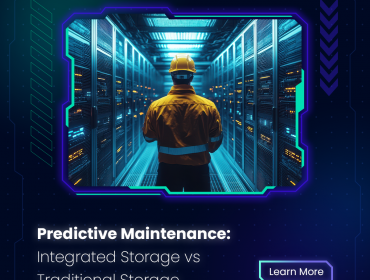Open source clouds, virtualization, and application management efforts are growing in healthcare as vendors are using tools that are meant to enhance deployment and management of applications. Kubernetes is one such tool that is becoming more popular in HIT infrastructure.
Kubernetes (K8s) is a platform for automating deployment, scaling, and operations of application containers across clusters of hosts
Kubernetes is made up of a set of independent, composable control processes that continuously drive the current state towards the provided desired state.
What does Kubernetes mean to the health care space?
Greater Security
Instead, each time they deploy a new version of their application, they destroy the container cluster and redeploy new nodes and clusters in a highly available environment. This allows health care organizations to not have to staff system administrators that are making sure security patches are run, operating systems aren’t out of date and long-standing malware isn’t sitting on the machine.
Faster Application Deployments
One of the largest challenges for health care IT is the time it takes to deploy a new application or expand existing ones. It can take months to negotiate and deploy the infrastructure alone to securely service an application. With Kubernetes, users can dynamically deploy new containers on demand. These can be preloaded with the security and compliance rules specific to the deployment, so no configuration is needed post-deployment. Users simply spin up new container clusters and deploy their code. Now, health care organizations can launch new applications in a fraction of the time.
Continuity
This shuts off the old container, but it remains in existence, which comes in handy if the user needs a record of what was done or needs to roll back to the older version if something goes wrong. When a change like this takes place, system downtime — a huge pain point in the health care space — is eliminated altogether.
Lower Costs
With Kubernetes, operating systems and software licenses do not reside in the public cloud amidst unused space. Since deploying a new container shuts off the old one without any downtime, your environment isn’t expanding unnecessarily. And when you consider how lightweight the containers are in comparison to individual virtual machines with an operating system for each environment, the cost savings can be significant.
Tyrone has integrated Kubernetes into Tyrone Kubernetes Container Platform(KCP) to save organizations time and money.
Write to us at info@tyronesystems.com












